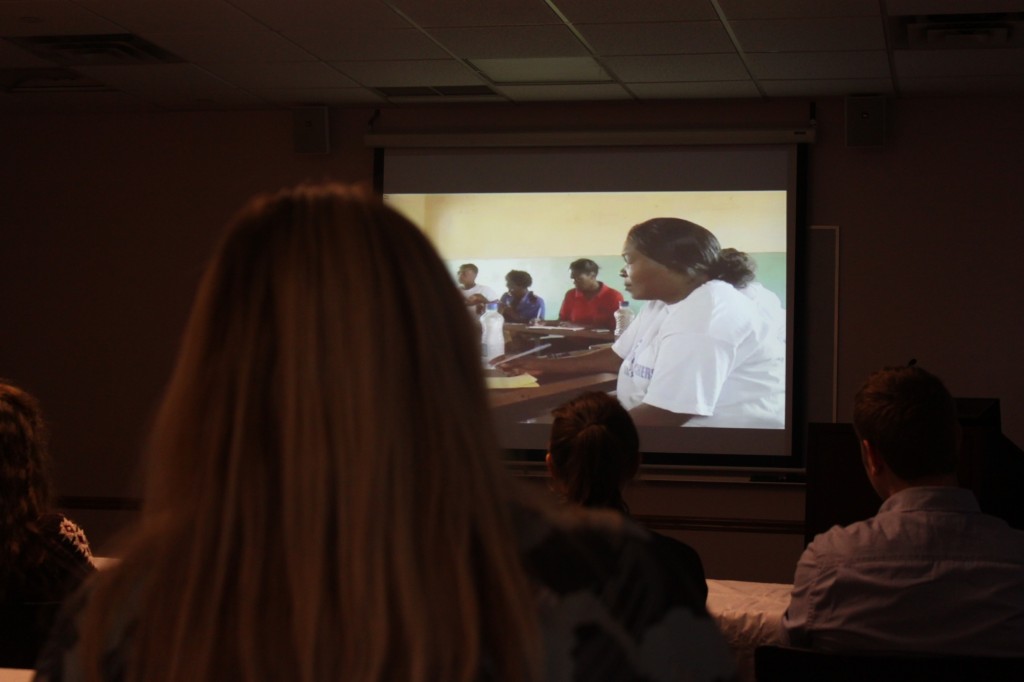Global Outreach Sponsors Poverty Presentation
July 13, 2011

Published: April 20, 2011
On April 26, Fordham College at Lincoln Center’s (FCLC) Global Outreach (GO) held the presentation “1.4 Billion Reasons Rewriting the Rules of Poverty” in McMahon room 109. The presentation was created by the Global Poverty Project, an organization dedicated to educating citizens about the current global poverty issue.
The discussion was led by Jessica Mason and Scott Seibold, members of the Global Poverty Project. According to Mason and Seibold, 1.4 billion people currently live in extreme poverty.
The presentation focused on ways to improve the conditions for impoverished people with simple tasks such as contacting your state senator and making the issue of global poverty more apparent to friends and family.
According to GO, 1.4 billion people currently live in extreme poverty, a fact that led the Global Poverty Project to create this campaign. Jessica Mason and Scott Seibold, two members of the Global Poverty Project, led the discussion on poverty at FCLC.
Sarah Molinari, FCLC ’11 and co-president of GO, said she first took interest in this topic after watching the campaign video.
“The campaign advertisement we saw for 1.4 billion reasons was really connected to GO and very attractive to college students. It took a different spin to connect to young people and it seemed to make college students interested in the issue at hand.”
Annemarie Gundel, FCLC ’13, believed that the presentation was very informative and inspiring.
“I definitely think that there was a lot of useful information that not everyone is aware of. Especially the part of the women’s empowerment, clearly we can end poverty by empowering women and it’s important to know that,” she said.
The Global Poverty Project has presented in other universities such as Columbia Univeristy and New York University. Mason said that she was enthusiastic about the way Fordham students reacted. “The response has been overwhelmingly positive. The number of people [at Fordham]who signed in were an indicator of a great response,” she said.
In addition, Mason said that the most important thing that the Global Poverty Project wanted Fordham students to take from the presentation was knowledge. “We want students to learn about extreme poverty and to tell someone about it. And as a generation, we can stop it.”
At the end of the presentation, students were presented challenge called “Live Below the Line.” Mason said that it focuses on educating the mass about the minimal cost of spending that impoverished people have to survive on.
From May 16-20, the Global Poverty Project asks people to spend $1.50 a day on only their food for a week. Participants must update their social networks informing people of the challenge and how it relates to poverty.
Molinari said that she thinks the presentation was effective and inspiring. “It’s not about giving money; it’s more about things you can do in everyday life. It’s a more practical approach to ending poverty.”











